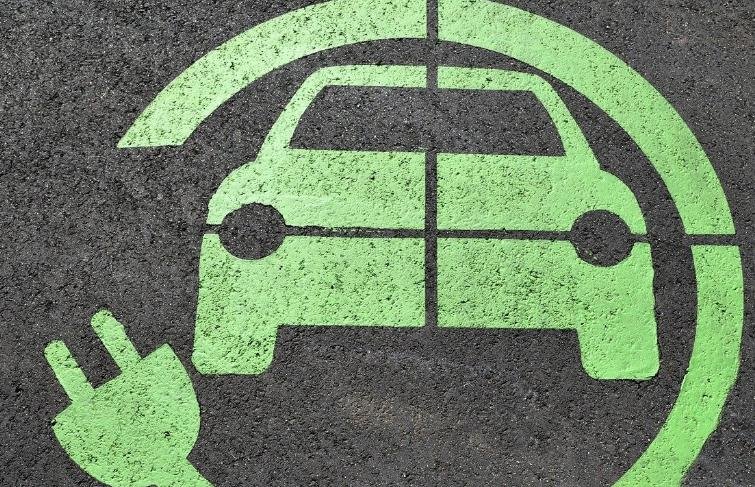The European Commission has announced a plan to delay the imposition of tariffs on electric vehicles (EVs) manufactured in the UK and exported to the EU until 2027. The proposal, which still needs to be approved by the EU member states, aims to support the recovery of the automotive sector in both regions and facilitate the transition to low-emission mobility.
The Brexit trade deal, which came into effect in January 2021, included a provision that required EVs traded between the UK and the EU to have at least 55% of their value originating from either region to qualify for tariff-free access. This rule, known as the “rules of origin”, was meant to protect the European car industry from cheap imports from third countries, especially China, which is the world’s largest producer and consumer of EVs.

However, the rule also posed a challenge for carmakers on both sides of the Channel, as they rely heavily on batteries imported from Asia, which account for about 40% of the value of an EV. The trade deal gave them a grace period until 1 January 2024 to source batteries from within Europe or face a 10% tariff on each vehicle.
The industry warned that the deadline was too tight and unrealistic, given the slow pace of battery production in Europe and the high demand for EVs. They estimated that the tariffs would cost European manufacturers £3.75bn over the next three years and make EVs more expensive and less attractive for consumers.
EU offers a three-year extension
In response to the industry’s concerns and the UK government’s lobbying, the European Commission proposed a “one-off extension” of the grace period until 1 January 2027. The Commission said that the extension was necessary to support the recovery of the car sector, which has been hit hard by the Covid-19 pandemic, the Russia-Ukraine crisis, and the US subsidies for EVs. The Commission also said that the extension would help the EU achieve its climate goals, as EVs are a key component of its Green Deal strategy.
The Commission’s proposal was welcomed by the car industry associations in the UK and the EU, which had jointly called for a delay of the rules of origin. They said that the extension would provide much-needed certainty and stability for the sector and allow more time for investments in battery production to materialise.
The proposal, however, is not a done deal yet. It still needs to be approved by the EU member states, which will meet next week to discuss it. The Commission said that it would add a clause to the trade deal that would make it “legally impossible” for the extension to last beyond 2027, ensuring that the rules of origin would apply from then on. The Commission also said that it would provide €3bn in funding over the next three years to support the development of the European battery industry.
UK ramps up battery plans
The UK, which is the largest export market for European carmakers, has also been working to boost its domestic battery capacity and reduce its dependence on imports. The UK government has pledged to ban the sale of new petrol and diesel cars by 2030 and to support the growth of the EV market with various incentives and regulations.
Several carmakers have announced plans to build battery factories, or gigafactories, in the UK, such as Nissan, Ford, Jaguar Land Rover, and Britishvolt. However, none of these facilities are operational yet, and the UK still lags behind the EU in terms of battery production. According to a recent report by Transport & Environment, a campaign group, the UK will have a battery capacity of 38 gigawatt-hours (GWh) by 2025, compared to 462 GWh in the EU.
The report also warned that the UK could lose its competitive edge in the EV market if it does not align its standards and regulations with the EU, especially on issues such as CO2 emissions, charging infrastructure, and battery recycling. The report urged the UK government to work closely with the EU to ensure a smooth and green transition to EVs.
